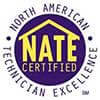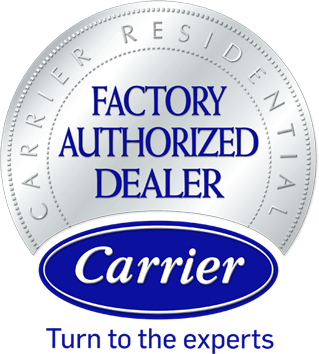Selecting the right HVAC system for your commercial building is a crucial decision that affects occupant comfort, energy efficiency, operational costs, and long-term property value. With the wide variety of building types and HVAC technologies available today, understanding your options and the factors that influence your choice is essential. Here’s a breakdown of key considerations when selecting an HVAC system tailored to your specific building type.

HVAC System Options by Building Type
1. Small Businesses and Retail Spaces
For small businesses such as boutiques or single-floor offices, compact and cost-effective HVAC systems are typically the best fit. Rooftop Units (RTUs) are a popular choice due to their space-saving design and all-in-one heating and cooling functionality. These systems are ideal for small to mid-sized commercial spaces that prioritize efficiency and simplicity without compromising comfort.
2. Large Commercial or Office Buildings
Multi-story office buildings or larger commercial spaces benefit from more advanced HVAC solutions like Variable Refrigerant Flow (VRF) systems. VRF systems provide zoned climate control, allowing different areas of a building to be heated or cooled independently. This flexibility is particularly valuable in buildings with varying occupancy levels or usage patterns, promoting both comfort and energy savings.
3. Industrial and Manufacturing Facilities
Industrial facilities often face unique HVAC demands due to their size, layout, and heat-generating operations. In these environments, robust systems like large split systems or packaged units are essential. These systems are designed to manage high ventilation needs and maintain consistent temperatures across expansive or open-plan areas, making them well-suited for warehouses, manufacturing plants, and similar structures.
Key Factors to Consider When Choosing a Commercial HVAC System
1. Energy Efficiency
Energy-efficient HVAC systems not only reduce utility costs but also support sustainability efforts. Look for systems with high SEER (Seasonal Energy Efficiency Ratio) and EER (Energy Efficiency Ratio) ratings. These ratings reflect a system’s ability to provide heating and cooling effectively while consuming less energy, especially important in climates with seasonal extremes.
2. Space and Design Considerations
The available physical space—both indoors and on the roof or exterior—can limit your HVAC options. Some systems require more installation space or specific layouts that may not be practical in every building. Aesthetic considerations are also important, particularly in customer-facing environments where exposed units may affect the visual appeal of the space.
3. Long-Term Costs and Sustainability
Beyond upfront installation costs, consider long-term operational expenses and maintenance requirements. While high-efficiency systems may require a greater initial investment, they typically offer lower lifetime costs through energy savings. Incorporating sustainable HVAC technologies can also enhance your building’s value and align with environmental goals.
Why Professional Guidance Matters
Given the technical complexity and variety of commercial HVAC systems, consulting with experienced professionals is essential. A knowledgeable HVAC contractor can assess your building’s needs, local code requirements, and energy goals to recommend the most suitable system.
Your Trusted HVAC Experts in Wall, NJ
If you’re looking to install or upgrade a commercial HVAC system in Wall, NJ, A-1 Comfort Care Heating, Cooling & Plumbing is here to help. Our team of certified experts specializes in HVAC solutions tailored to the unique needs of commercial buildings across different industries.
Call us today at (732) 578-0379 or fill out our online form to schedule a consultation. Let us help you create a more efficient, comfortable environment for your building, no matter the type.




